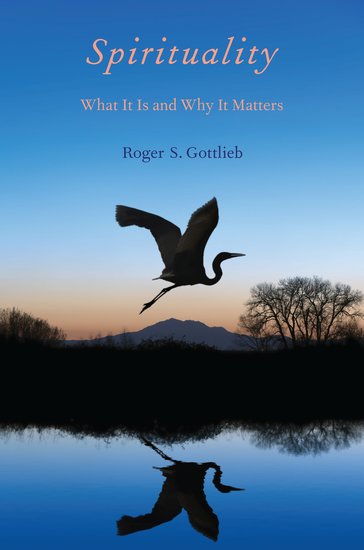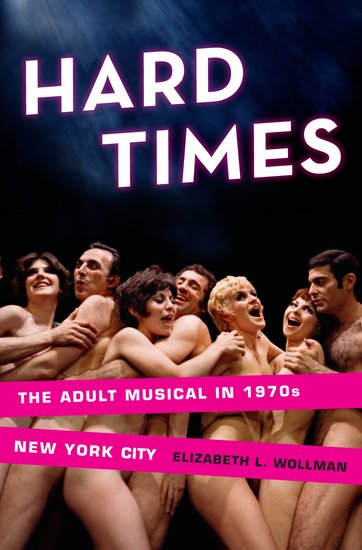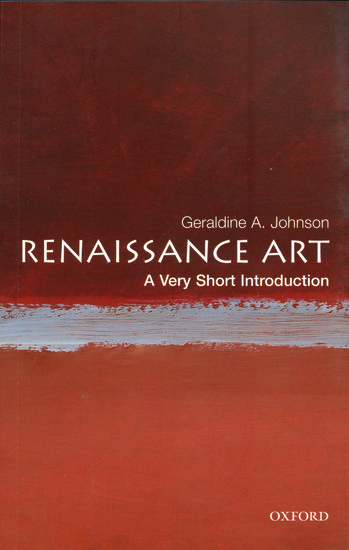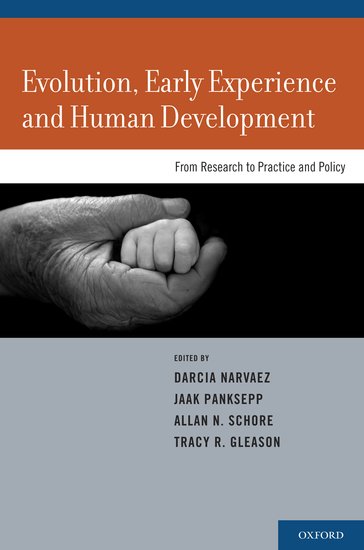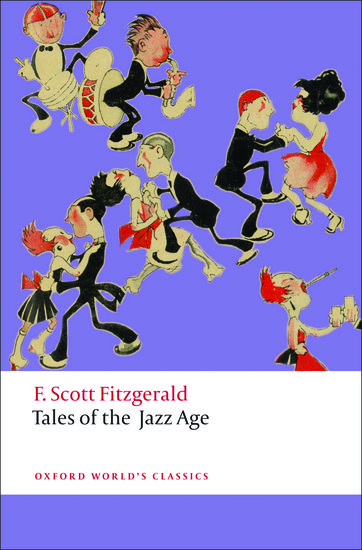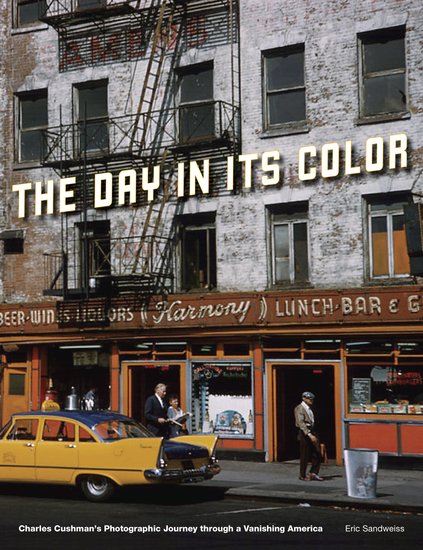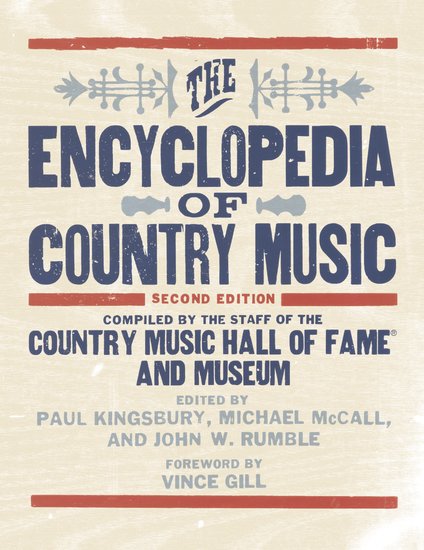Hanukkah and Christmas: a spiritual interpretation
By Roger S. Gottlieb
Ahhh…the joys of the holiday season in America! A frightening degree of crass commercialism, public rages about the ‘war on Christmas,’ emotionally draining family events or a soul-graying loneliness when you have no place to go. Food in abundance, but often consumed with a sense that it’s way off of one’s (more healthy) diet; or perhaps a nagging guilt that we in the middle/upper classes have so much more than the approximately 1 billion people who lack access to clean water, adequate food, and health services.

